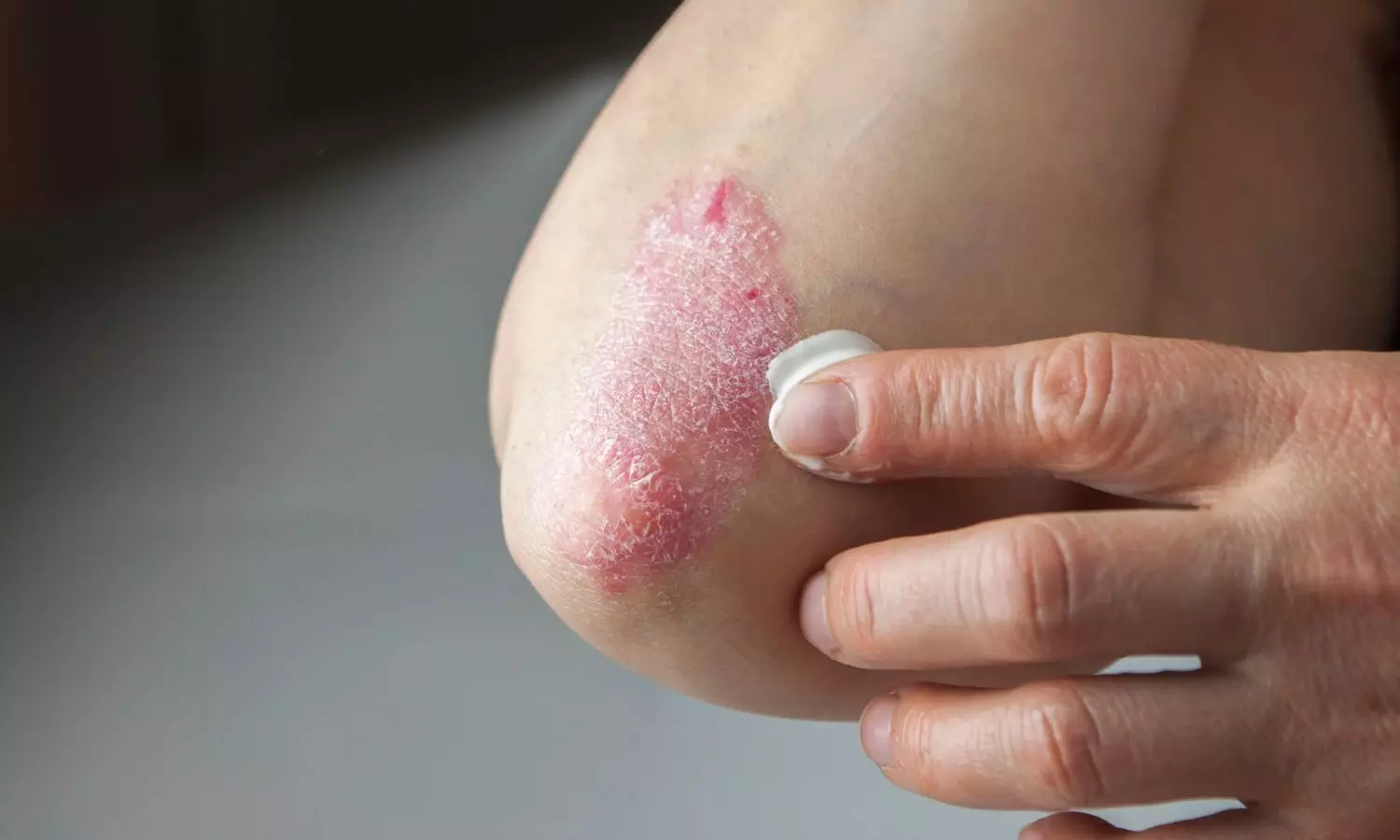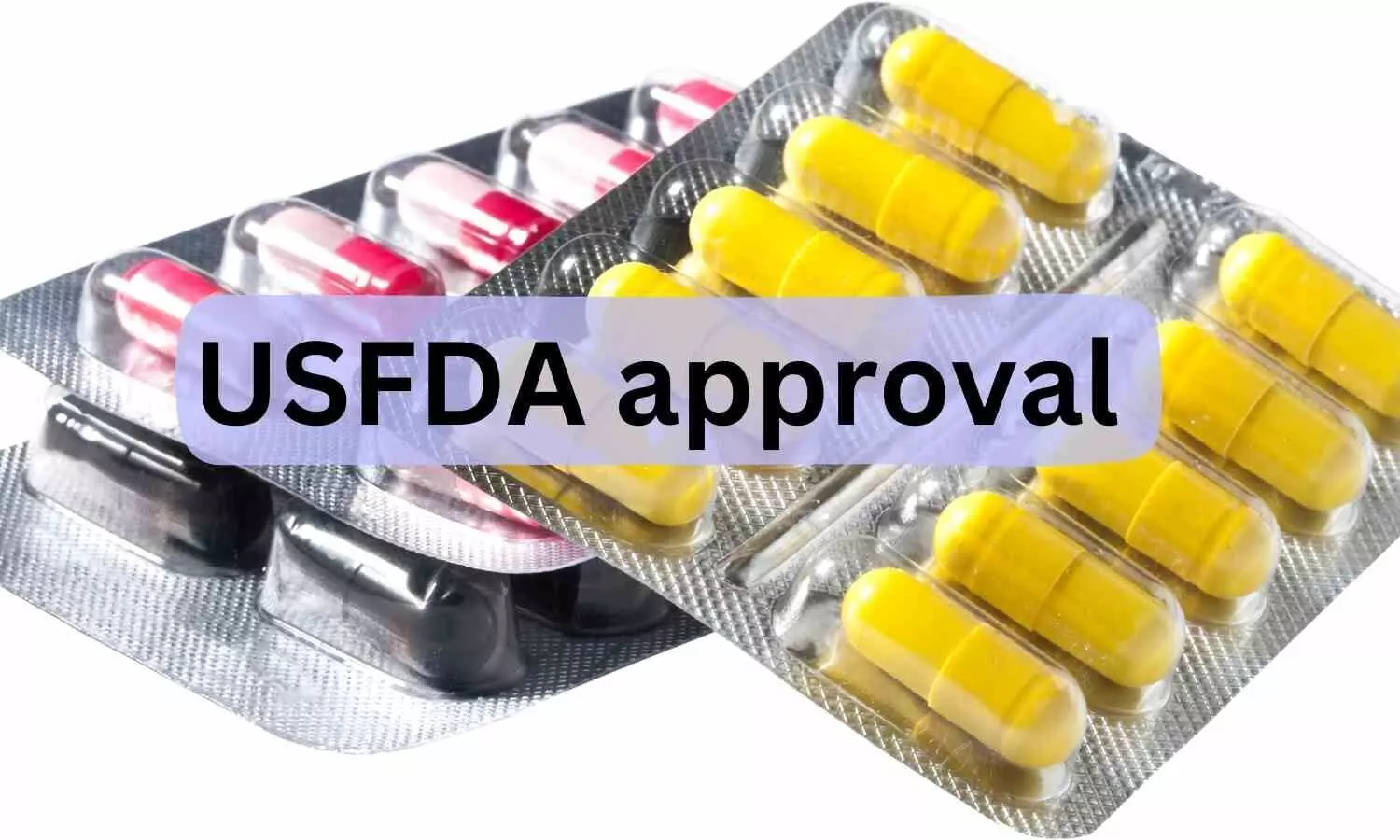Which factors are significantly associated with impairment of GFR in adults with type 2 diabetes?

Spain: A recent study published in Endocrinología, Diabetes y Nutrición has shed light on the risk factors associated with glomerular filtration rate (GFR) in Mexican adults with type 2 diabetes mellitus (T2DM).
The researchers showed male sex, older age, longer duration of type 2 diabetes, and arterial hypertension were associated with a decrease in the GFR; waist circumference (WC), and body mass index (BMI) were directly associated. There was no impact of glucose and HbA1c on the glomerular filtration rate.
Type 2 diabetes mellitus is related to GFR impairment, which is one of the leading causes of chronic kidney disease (CKD). CKD is defined as the permanent loss of kidney function and is characterized by a GFR below 60 ml/min/1.73 m2. Approximately 10% of the world’s adult population is affected by this disorder, which is why it is considered a serious public health problem.
Against the above background, Gloria Mendoza López and colleagues from Spain aimed to identify the risk factors related to GFR in Mexican adults with type 2 diabetes using a validated multiple linear regression model (MLRM), with emphasis on glycemic control, body adiposity, duration of diabetes and other relevant risk factors.
For this purpose, the researchers conducted a cross-sectional, analytical, and observational study on 252 adults with a previous diagnosis of T2DM. Body mass index and waist circumference were determined, and a fasting blood sample was collected for creatinine, glucose, and HbA1c determinations.
Cockcroft–Gault equation adjusted for body surface area was used for GFR calculation. Four MLRMs were performed to determine the factors related to the GFR; it was evaluated whether these models complied with the statistical assumptions of the linear regression model.
The participants’ average age was 60 ± 12 years, and 62.3% were women.
The study led to the following findings:
- GFR correlated with BMI and WC; age and duration of the diabetes were associated inversely.
- Model 4 of the MLRM reported a coefficient of determination of 53.5% where the variables BMI (β = 1.31), duration of T2DM (β = −0.57), male sex (β = −6.01), age (β = −1.45), and arterial hypertension (β = −6.53) were simultaneously and significantly related to the GFR.
In conclusion, the factors related to GFR reduction in Mexican adults with T2DM were being male, age, duration of type 2 diabetes, and the presence of hypertension. WC and BMI were related to an increase in GFR. The researchers found no significant effect of glucose or HbA1c levels on this.
One of the study limitations is the lack of measurement of other biochemical parameters (such as urine albumin or blood urea nitrogen), which would have enabled a more sensitive diagnosis of the patient’s kidney function. In addition to the relatively small sample size, another weakness is the lack of information on smoking habits and physical activity in the patients studied.
Reference:
Mendoza López G, Morales Villar AB, Tejada Bueno AP, Lozada Hernández J, García Cortes LR, Maldonado Hernández J. Factores de riesgo asociados con la tasa de filtración glomerular en adultos mexicanos con diabetes mellitus tipo 2. Endocrinol Diabetes Nutr. 2024. https://doi.org/10.1016/j.endinu.2023.12.002
Powered by WPeMatico







